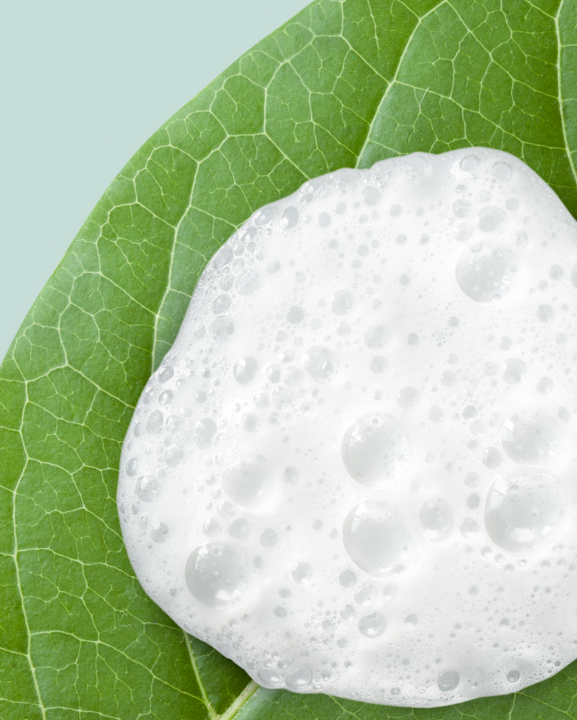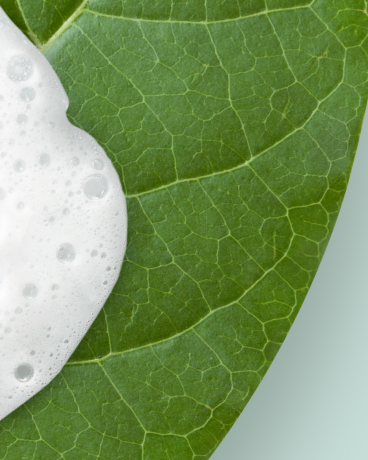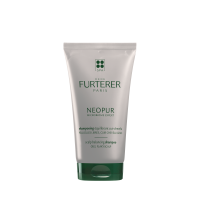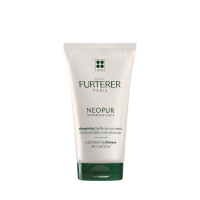Your shampoo: with or without sulfates?
Questioned, criticized, released, included, sulfates are one of these ingredients whose absence from products reassures us nowadays, and we don't always necessarily understand why. Silicones and parabens form the top three " free-from " products whose ban is proudly displayed on the packaging. But why remove them from formulas after such loyal service? What are the alternatives? We'll explain everything to you.
Sulfates, what are they?
As with silicones, there is not just one, but SEVERAL sulfates, and not all are the same. Sulfates are synthetic substances obtained through a process called sulfation: it is a chemical reaction between sulfuric acid (from sulfur) and a fatty plant-based alcohol (such as coconut oil).
There are two main ones: SLS (sodium lauryl sulfate) and SLES (sodium laureth sulfate). It is the former that is the cause of the bad reputation of the whole family. Irritant and caustic, SLS is known for its detergent properties. It can be found well beyond the field of cosmetics, even in industrial cleaning. SLES is obtained through ethoxylation, a chemical process that makes fatty acid molecules more soluble in water, which makes it less irritating and less aggressive.

It is a chemical reaction between sulfuric acid and a fatty plant-based alcohol.

What's their problem?
So why did you let them in so easily? First, because they foam, and for a long time we have maintained the idea that foam = efficiency. But above all because they are super cleaners! The issue is that they tend to do their job too well.
Sulfates remove all dirt, but their powerful action irritates the scalp, since it also rids it of its precious sebum. To fight against this sudden imbalance, the scalp begins to produce sebum in large quantities, and we know the rest: hair becomes greasy, so we re-wash, which again creates an imbalance. Over time, hair becomes dry as oil is removed with each shampoo and itching and dandruff can begin to appear.
What to do?
As with silicones, the first step is identifying the type of sulfate in your daily formulas. Avoid SLS if you can still find it, as it is becoming quite rare! For SLES, it's all about the concentration. In general, products that contain it have very low doses and are perfectly formulated to not cause any irritation. At René Furterer, we have been working on this for several years: all our new formulas are sulfate-free. You can still find some ranges with SLES, but their concentration has been reduced to a point that makes them harmless. The safety and tolerance of these formulas have been dermatologically tested through our clinical tests. In sulfate-free formulas, they are replaced by natural, plant-based surfactants such as coco-glucoside, obtained from coconut oil and manioc glucose. Their lather is lighter, but they are just as effective and gentler on your scalp!





